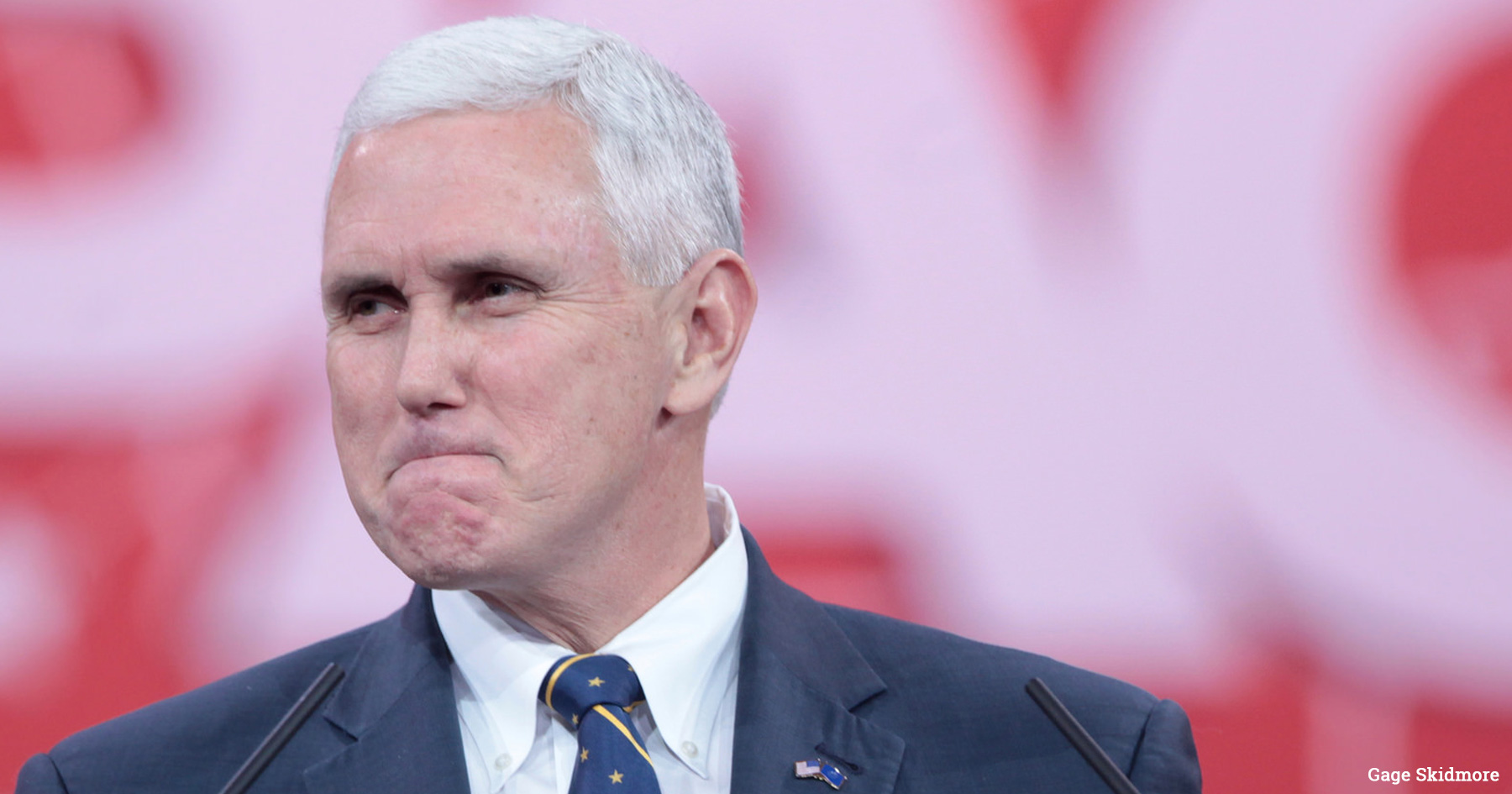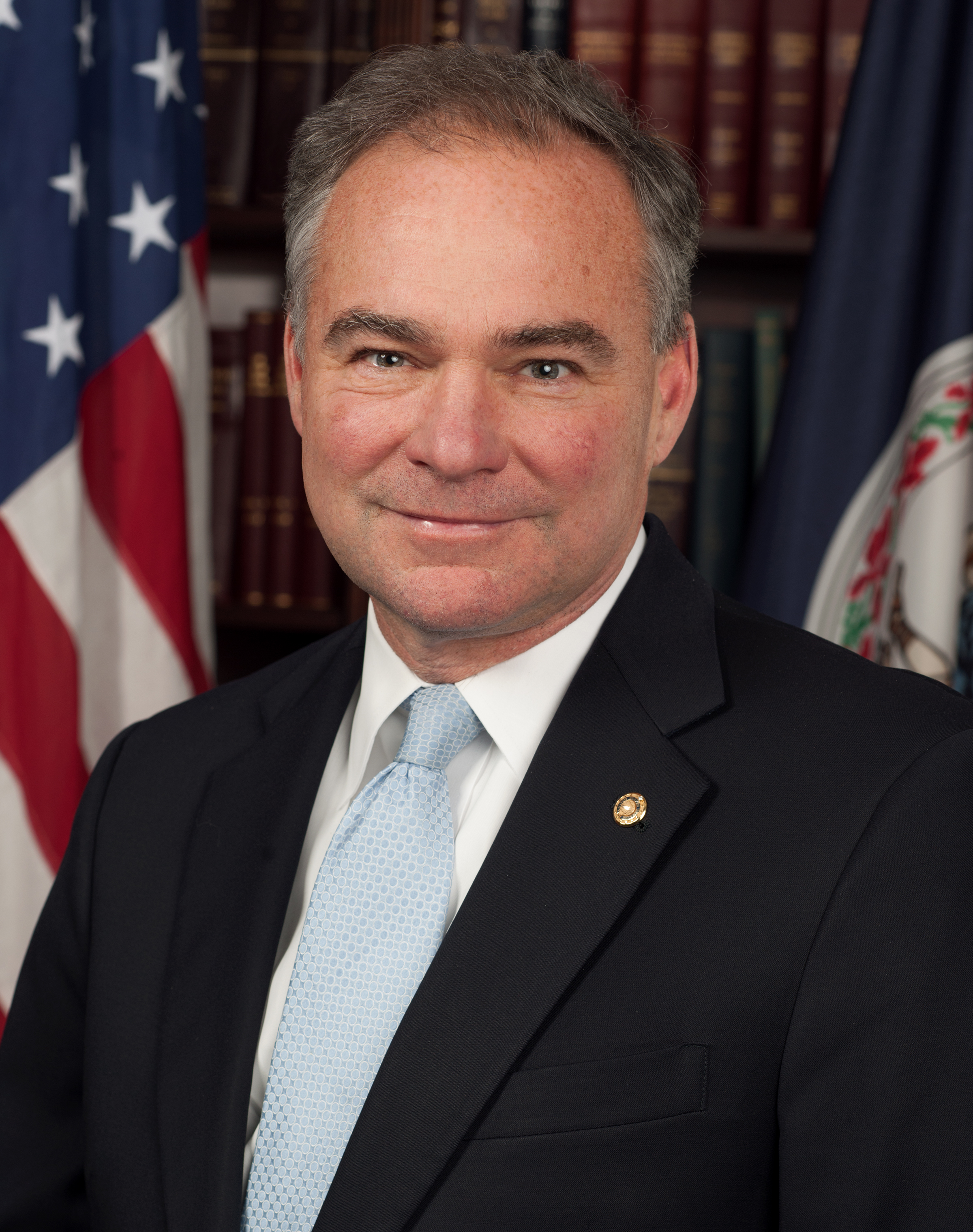Reproductive Rights Take the Stage at Vice Presidential Debate

By:
Vice presidential candidates Gov. Mike Pence (R-Ind.) and Senator Tim Kaine (D-Va.) took the stage on Tuesday at Longwood University for the Vice Presidential Debate.
Unlike last week's presidential debate, where reproductive rights were not a major topic, the candidates had a provocative exchange about abortion towards the end of the night.
The topic of women's healthcare and abortion access came up after moderator Elaine Quijanoa asked about balancing personal faith and policy decisions.
Pence, for his part, stood by his staunch pro-life position.
"I tried to stand for the ancient principle of the sanctity of life," he said during the debate. "I am also very pleased that Indiana became the most-adoption state. But what I can’t understand is Hillary Clinton — how she can support a process like partial-birth abortion."
 Flickr/Gage Skidmore - flic.kr
Flickr/Gage Skidmore - flic.kr
As NPR explains, "partial birth abortion" is not a medical term, but a political one coined by the pro-life movement. Often, politicians use this term to refer to pregnancies terminated after 20 or 24 weeks, which constitute only about one percent of all abortions. These late-term abortions often take place when couples discover that a wanted pregnancy would endanger the health of the child and/or mother, as Bustle explains.
As Cosmopolitan reports, Pence has become all but synonymous with gutting women's healthcare and signing controversial anti-abortion legislation. In March, he signed a bill that would have forced women to hold funerals for aborted and miscarried fetuses and ban abortions due to fetal abnormalities, disabilities, and genetic disorders, Vox reports. This bill was eventually blocked by a federal judge.
Kaine explained that he — while a devout Catholic — is also a supporter of a woman's right to choose.
"We support Roe v. Wade," Kaine began on Tuesday. "We support the constitutional right of American women to consult their own conscience and make their own decision about pregnancy. That is something we trust American women to do."
 Wikimedia Commons/United States Congress - wikimedia.org
Wikimedia Commons/United States Congress - wikimedia.org
He also attacked a March statement in which Trump suggested that women who have abortions deserve "some form of punishment." (Trump later clarified that he meant abortion doctors, not patients should be punished, according to Think Progress.)
"And we don't think that women should be punished, as Donald Trump they showed, for making the decision to have an abortion," Kaine said.
"Governor Pence wants to repeal Roe v. Wade," Kaine stated at the Tuesday debate. "He says he wants to put it on the trash heap of history. Before Roe v. Wade, states could punish women if they made the choice to abort a pregnancy. I think you should live your moral values, but the last thing governments should do is to have laws that would punish women who make reproductive choices."
But Kaine's strongest moment may have come when he simply asked his opponent why he didn't trust women to make these decisions for themselves.
For women's health advocates this was a refreshing take from Kaine, whose position on abortion hasn't always been as progressive as Clinton's.
Though Kaine has a pro-choice voting record from his time as a senator, he also supported some abortion restrictions earlier in his career, when he held office as the governor of Virginia, Vox explains.
Kaine is personally pro-life, but supports pro-choice laws, as the Washington Post reports. Kaine previously supported the Hyde Amendment, which forbids Medicaid dollars being used for abortions, according to The Atlantic. However, Bloomberg reports that Kaine privately told Clinton that he'd support a repeal of the Hyde Amendment.
In response to Quijanoa's question, Kaine spoke to the importance of separating his faith from policy choices when it came to the death penalty, which might quell unease about his religious or personal views on choice.
